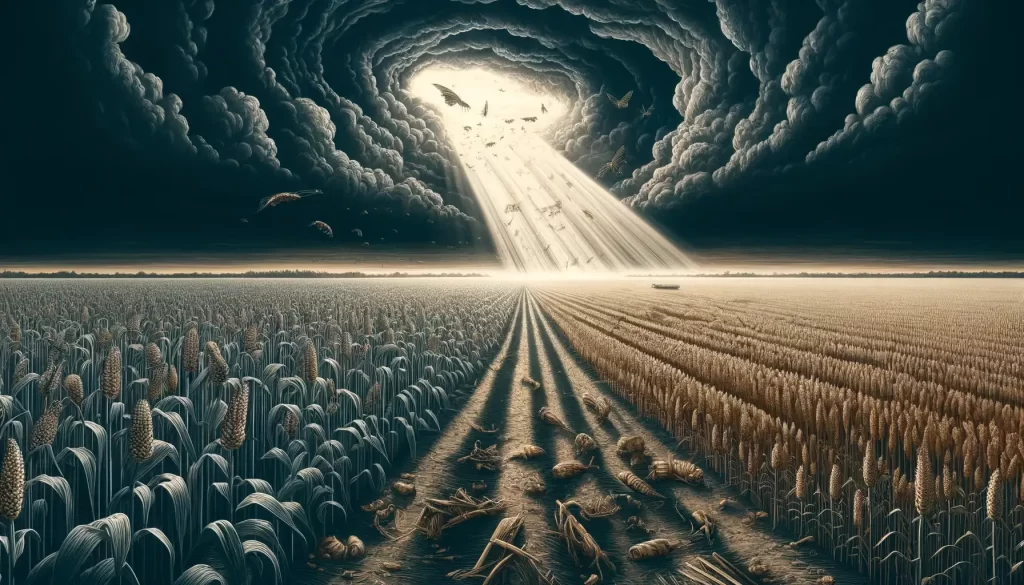
National Association of Christian Ministers Summary Series
The Book of Joel is a short prophetic book found in the Old Testament of the Bible. It is attributed to a prophet named Joel, although not much is known about him. The book was likely written during a time of national crisis in ancient Israel, possibly in the post-exilic period.
The Book of Joel can be divided into three main sections:
1. The Plague of Locusts (Chapter 1): Joel begins his message by describing a devastating plague of locusts that has swept through the land of Judah, destroying crops and causing widespread devastation. He sees this natural disaster as a call for the people to repent and turn back to God. Joel urges the people to mourn and lament over the loss, calling for a solemn assembly and fasting.
2. The Day of the Lord (Chapters 2-3): Joel uses the locust plague as a metaphor for a greater judgment that is to come, known as the “Day of the Lord.” He describes a future day when God’s judgment will be unleashed upon the nations and Israel. It is a day of darkness, destruction, and cosmic upheaval. Joel calls on the people to repent and return to God, expressing hope that God will relent from judgment and restore the land.
3. Restoration and Blessing (Chapter 3): Joel ends his prophecy with a message of hope and restoration. He speaks of a time when God will pour out His Spirit on all people, and they will prophesy, dream dreams, and see visions. The land will be restored, and Israel’s enemies will be judged. Joel emphasizes that in the midst of judgment, there is a promise of blessings and restoration for those who turn to God.
The Book of Joel carries important themes found throughout the prophetic literature of the Bible. It highlights the need for repentance, the consequences of disobedience, and the hope of restoration through God’s mercy and grace. It also foreshadows the concept of the “Day of the Lord” as a time of divine judgment and the ultimate establishment of God’s kingdom.




